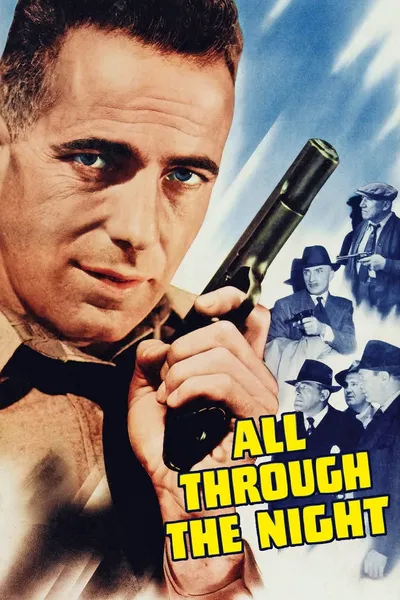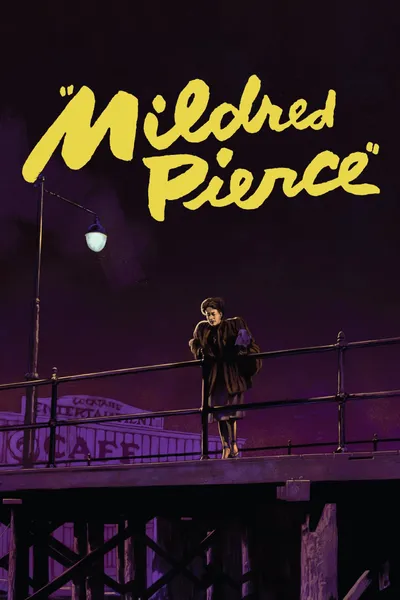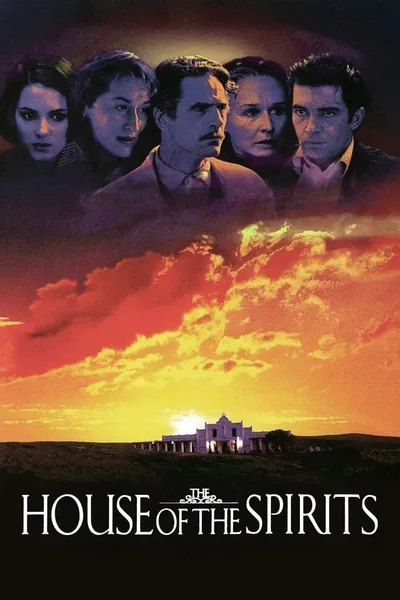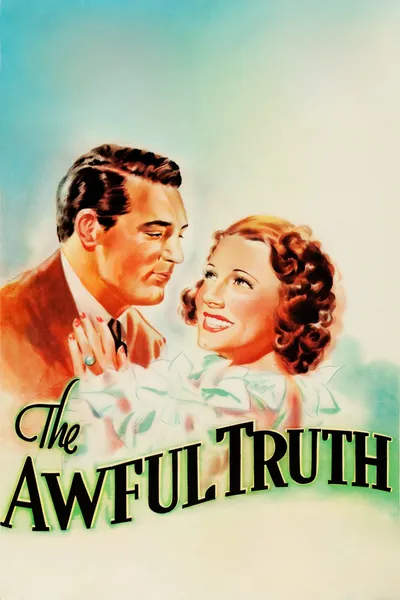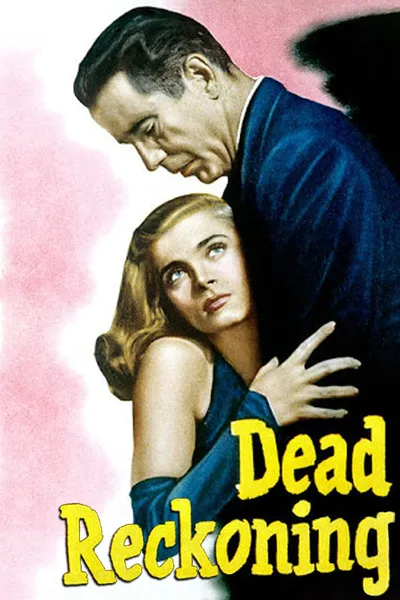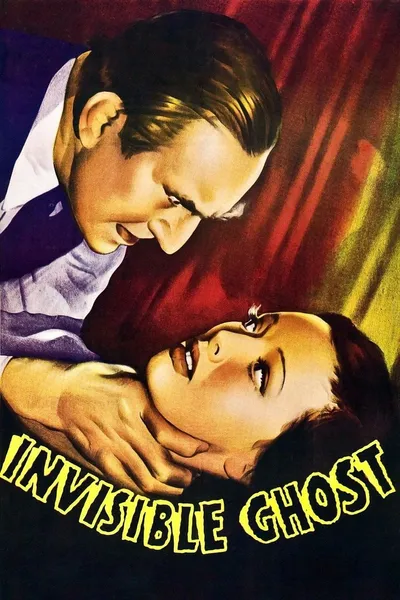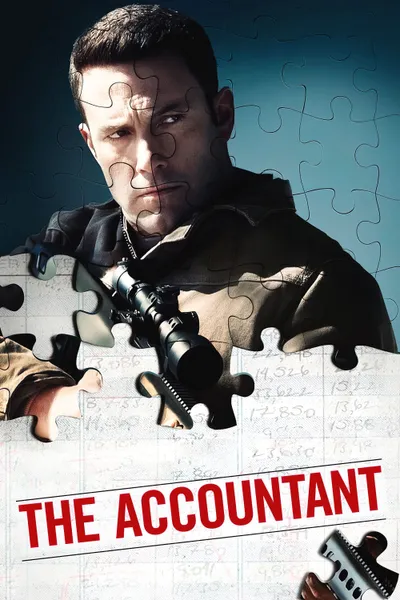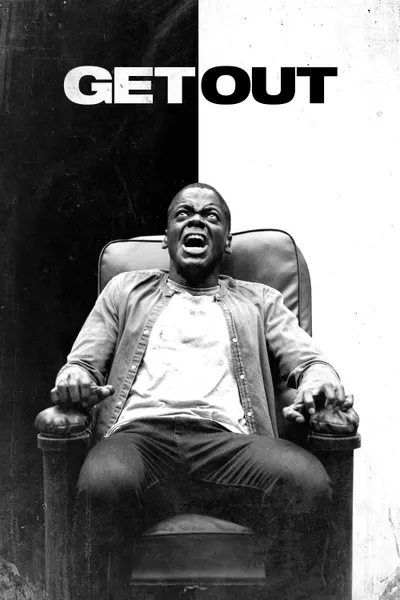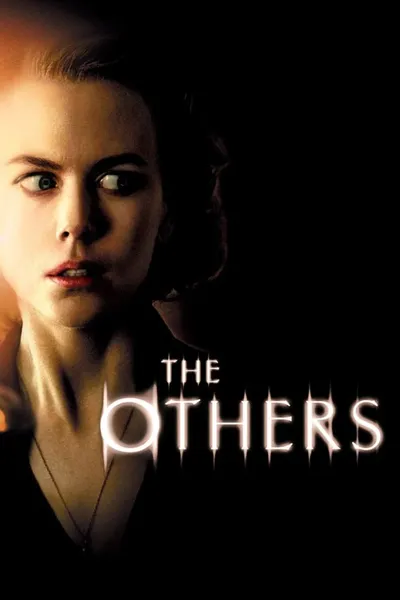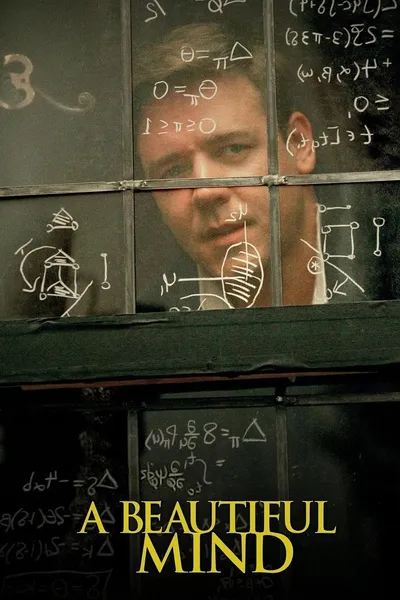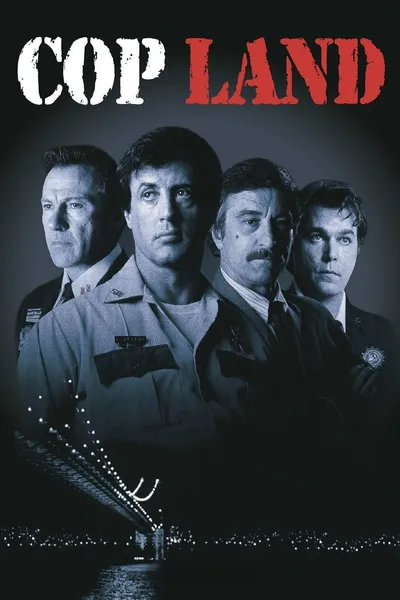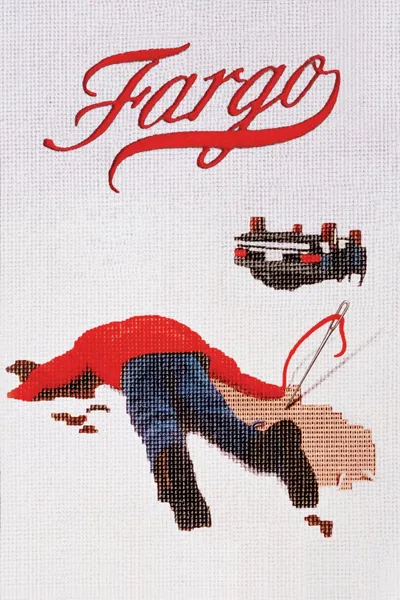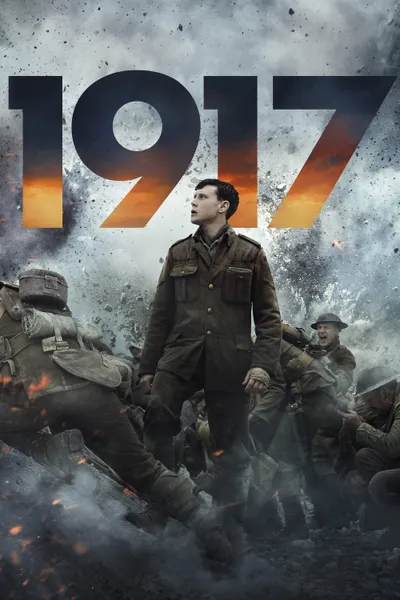Reviews
waltzma
December 14, 201710.0
Get those Nazis! And boy, do they!
I have to start this review by mentioning that I saw this Bogart film before "Casablanca", "The Maltese Falcon", and "The African Queen". I was just a teenager, and boy did I love this film! I waited years to be able to see it again, and it continued to remain among my favorites. When it came out on video, I bought a copy, and watched it several times a year just to see why I enjoyed it so much. Although it has been a while since I have watched it, I wanted to re-visit an old favorite by giving it my review. After the attacks on September 11, 2001, films like "All Through the Night" seem much closer to reality, especially this one with its New York City setting.
Gloves Donahue (Humphrey Bogart) is about as interested in World War II as Scarlett O'Hara was in the civil war. He finds more contentment eating his favorite Papa Miller's cheesecake (and will eat no facsimile!) or going to the race track or ballgame. So when the baker who makes his favorite cheesecake mysteriously turns up dead, Gloves is naturally upset, and does all he can to a.) find the secret cheesecake recipe; b.) woo his widow; or c.) find the killer.
If you said "C", then you were right, but the tongue-in-cheek wisecrack remarks of "A" and "B" are keeping within the theme of this light-hearted World War II propaganda film. Gloves eventually discovers that Miller was involved with a group of Fifth Columnist spies (against his will), and sets out to break them up, much to his own surprise. Yes, his crew is an over-aged group of Bowery Boys (played comically by William Demarest, Frank McHugh, Jackie Gleason, and Phil Silvers), and yes, the villains are much like the ones the overripe Bowery Boys used to face in their movies. (In fact, the Bowery Boys had plot lines during World War II very similar to this movie...)
The Nazis are a nasty bunch of seemingly civilized creatures. Conrad Veidt, General Strasser of "Casablanca", is the epitome of dashing villainy as the head of the Nazi Ring who hides behind the innocent appearance of an Auction shop owner. Peter Lorre, also from "Casablanca", is the evil Pepe, who we see early on doing the nasty deed to poor Mr. Miller (Ludwig Stossel, also in "Casablanca"). To civilize his murderous character, Lorre's Pepe is seen as the piano player in a nightclub. The wonderful (Dame) Judith Anderson, seen two years earlier as the evil housekeeper Mrs. Danvers in "Rebecca", is all in black here again, but with sequins and a touch of glamor added to her role as Veidt's obvious mistress. While she has fewer scenes than Veidt or Lorre, Anderson adds subtle touches to her character through her unspoken love for Veidt that makes the viewer feel sympathetic to her character.
The heroine, Leda Hamilton, is played by Kaaren Verne, the real-life wife of Peter Lorre off-screen. Here, Verne can't stand Pepe, who obviously lusts after her. Verne is first seen after Miller's murder visiting him, then disappearing before Gloves can question her. Gloves' nosy mother (played by the wonderful Jane Darwell), who informed Gloves about Miller's disappearance in the first place, later locates Leda in a nightclub, causing a disturbance with the nightclub's owners (Barton MacLane and Edward Brophy). When Brophy is shot by Pepe, he lives long enough to give Gloves a sign that will ultimately reveal what is going on.
The film moves at such a fast pace that to go through every scene would take away a lot of the excitement, and take a lot of space. We'll just stop with the synopsis here and say that this film moves like lightning. While longer than most "B" films of this nature (100 minutes), "All Through the Night" moves just as quickly, and is ultimately more entertaining. The writers spent more time with character development, but that doesn't slow down this film one bit. Every character who crosses Glove's path has a chance to reveal a thing or two about them which makes them more than just one-dimensional villains or comic relief. Even flighty McHugh gets his chance with a minor secondary plot involving his girl.
During World War II, there were many anti-Nazi dramas and comedies, and "All Through the Night" stands out as a unique one in the sense that it takes place in our own back yard. Released just two months after Pearl Harbor, "All Through the Night" served its purpose in bringing the idea of spies in our neighborhoods to the forefront of the public's mind. I'm sure many people in the audience upon seeing this film looked at the person sitting next to them in the darkened theater, and wondering, "Is this person really a Nazi Spy?"
Recommendation Movies
Mildred Pierce1945
The House of the Spirits1993
The Awful Truth1937
Dead Reckoning1946
Invisible Ghost1941
The Accountant2016
The Shawshank Redemption1994
The Shape of Water2017
Parasite2019
Furiosa: A Mad Max Saga2024
M3GAN2022
Poor Things2023
Get Out2017
Interstellar2014
The Others2001
A Beautiful Mind2001
Cop Land1997
Fargo1996
19172019
Asteroid City2023
© 2025 MoovieTime. All rights reserved.Made with Nuxt
